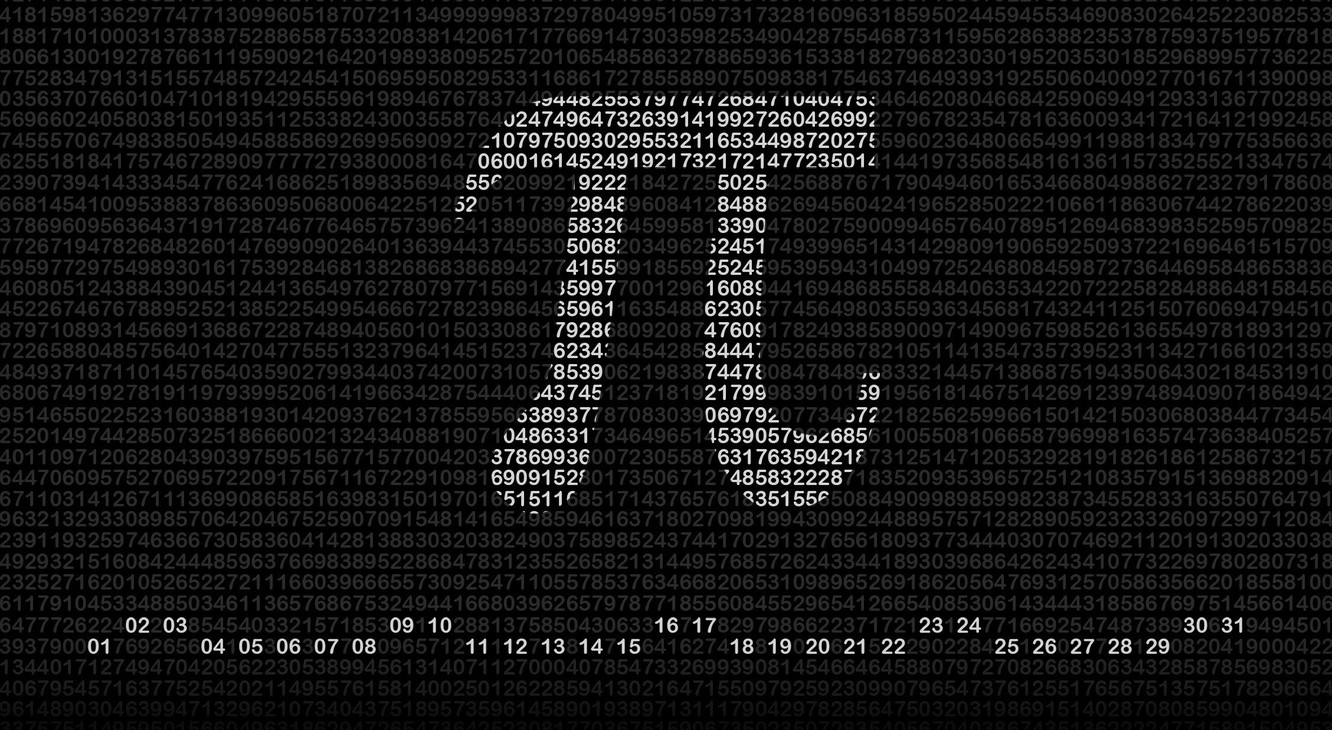Focusing Class 11th
Specially designed study material for Class 11 as per CBSE guidelines
Unlimited DOUBT Solving Classes for FREE!
Complete Conceptual Understanding
Advanced study material for competitive exams(IIT-JEE/NEET)
Test Series for Practice

Mathematics includes the study of such topics as numbers (arithmetic and number theory), formulas and related structures (algebra), shapes and spaces in which they are contained (geometry), and quantities and their changes (calculus and analysis). Mathematics is widely used in science for modeling phenomena. This enables the extraction of quantitative predictions from experimental laws. For example, the movement of planets can be predicted with high accuracy using Newton's law of gravitation combined with mathematical computation.
Positive and negative angles. Measuring angles in radians and in degrees and conversion from one measure to another. Definition of trigonometric functions with the help of unit circle. Truth of the identity sin2x + cos2x = 1, for all x. Signs of trigonometric functions. Domain and range of trigonometric functions and their graphs. Expressing sin (x±y) and cos (x±y) in terms of sinx, siny, cosx & cosy and their simple applications.
Ordered pairs. Cartesian product of sets. Number of elements in the Cartesian product of two finite sets. Cartesian product of the set of reals with itself ( R x R only).Definition of relation, pictorial diagrams, domain, co-domain and range of a relation. Function as a special type of relation. Pictorial representation of a function, domain, co-domain and range of a function. Real valued functions, domain and range of these functions, constant, identity, polynomial, rational, modulus, signum, exponential, logarithmic and greatest integer functions, with their graphs.
Need for complex numbers, especially√−1, to be motivated by inability to solve some of the quardratic equations. Algebraic properties of complex numbers. Argand plane. Statement of Fundamental Theorem of Algebra, solution of quadratic equations (with real coefficients) in the complex number system.
Sequence and Series. Arithmetic Progression (A. P.). Arithmetic Mean (A.M.) Geometric Progression (G.P.), general term of a G.P., sum of n terms of a G.P., infinite G.P. and its sum, geometric mean (G.M.), relation between A.M. and G.M.
Brief recall of two dimensional geometry from earlier classes. Slope of a line and angle between two lines. Various forms of equations of a line: parallel to axis, point -slope form, slope-intercept form, two-point form, intercept form and normal form. General equation of a line. Distance of a point from a line.
Intuitive idea of limit. Limits of polynomials and rational functions trigonometric, exponential and logarithmic functions.
Measures of Dispersion: Range, mean deviation, variance and standard deviation of ungrouped/grouped data.
Positive and negative angles. Measuring angles in radians and in degrees and conversion from one measure to another. Definition of trigonometric functions with the help of unit circle. Truth of the identity sin2x + cos2x = 1, for all x. Signs of trigonometric functions. Domain and range of trigonometric functions and their graphs. Expressing sin (x±y) and cos (x±y) in terms of sinx, siny, cosx & cosy and their simple applications.
Linear inequalities. Algebraic solutions of linear inequalities in one variable and their representation on the number line. Graphical solution of linear inequalities in two variables. Graphical method of finding a solution of system of linear inequalities in two variables.
Fundamental principle of counting. Factorial n. (n!) Permutations and combinations, formula for nPr and nCr, simple applications.
Sections of a cone: circles, ellipse, parabola, hyperbola. Standard equations and simple properties of parabola, ellipse and hyperbola. Standard equation of a circle.
Coordinate axes and coordinate planes in three dimensions. Coordinates of a point. Distance between two points and section formula.
Derivative introduced as rate of change both as that of distance function and geometrically. Definition of Derivative, relate it to scope of tangent of the curve, derivative of sum, difference, product and quotient of functions. Derivatives of polynomial and trigonometric functions.
Random experiments; outcomes, sample spaces (set representation). Events; occurrence of events, ‘not’, ‘and’ and ‘or’ events, exhaustive events, mutually exclusive events, Probability of an event, probability of ‘not’, ‘and’ and ‘or’ events.